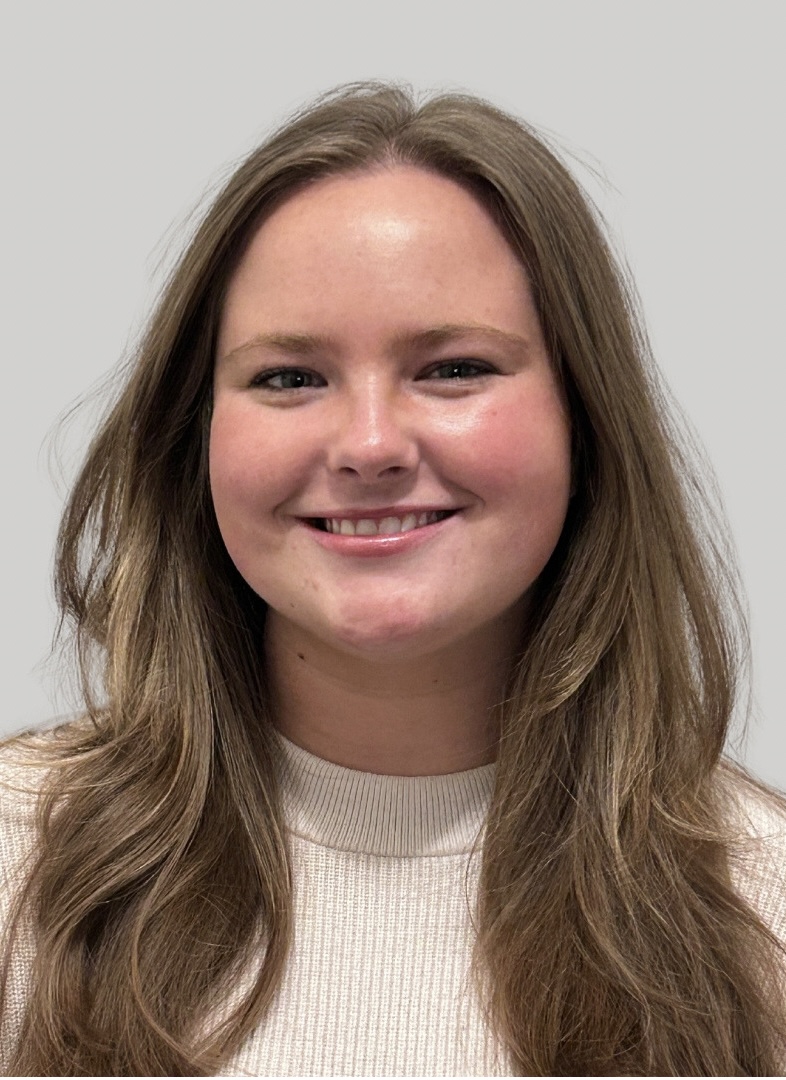New Mexico's Commitment to Partnership and Progress Towards Digital Equity
Tuesday, July 9, 2024
Digital Beat
New Mexico's Commitment to Partnership and Progress Towards Digital Equity

On June 27, the Benton Institute for Broadband & Society, in partnership with the Department of Education’s Office of Educational Technology, hosted a webinar titled The Power of Partnership: State Strategies for Digital and Educational Equity. The second of a three-part webinar series, this session highlighted the efforts of the New Mexico Office of Broadband Access and Expansion (OBAE) and the importance of collaborating with educational institutions to further digital equity goals.
In a moderated Q&A, OBAE’s Jennifer Nevarez and Neala Krueger, John Chadwick from the New Mexico Public Education Department (NMPED), and the Office of Educational Technology’s Dominique Dallas discussed the importance of developing and maintaining strong partnerships, what success looks like, and what the state has in common with other model states.
How did having an existing partnership with the New Mexico Public Education Department help as the state approached the digital equity planning process?
The homework gap refers to the divide between students who have home broadband access and those who do not. It is also an indicator of whether or not a student will be able to complete their homework and succeed in school alongside their internet-connected peers.
Before the Digital Equity Planning Grant, OBAE’s Jennifer Nevarez worked with John Chadwick and the NMPED as part of a team working to address the Homework Gap. She said establishing relationships between the agencies meant that the teams already knew how to work together when it came time to start the planning process.
Nevarez said, “It is a bit of a giant jigsaw puzzle and it does require the ability to kind of figure out how to sew the pieces together as a quilt. But I think it was really fundamental and great that we started there.”
What does success look like?
Jennifer Nevarez said success looks like “All students have home internet access and the devices and skills they need to use them meaningfully and safely and affordably.”
Neala Krueger emphasized that digital equity is an ongoing process, but added that, to her, success looks like having “a good measurement plan in place and a lot of data sharing.”
What are some similarities between New Mexico’s approach and other leading states?
Dominique Dallas highlighted some of the similarities between New Mexico’s approach to digital equity planning and implementation and other leading states:
The state plan intentionally draws out how to support tribal populations with ongoing stakeholder engagement. So New Mexico has strengthened relationships with tribal communities and is moving the needle on developing capacity with tribal communities and organizations by improving access to data and resources.
If you missed the webinar, you can find a recording on YouTube
For more insights from states committed to strong partnerships with educational institutions, join us for the third webinar on Wednesday, July 10 from 1-2 PM EST which will highlight the work of the Maine Connectivity Authority.
For More on Education and Digital Equity
- North Carolina's Approach to Digital Equity and Education
- Digital and Educational Equity: How States Plan to Partner with Educational Institutions
- Digital Equity and Adult Education
- Department of Education's Plan to Close the Three EdTech Divides
Zoë Walker is a Writing Associate at the Benton Institute for Broadband & Society.
The Benton Institute for Broadband & Society is a non-profit organization dedicated to ensuring that all people in the U.S. have access to competitive, High-Performance Broadband regardless of where they live or who they are. We believe communication policy - rooted in the values of access, equity, and diversity - has the power to deliver new opportunities and strengthen communities.
© Benton Institute for Broadband & Society 2024. Redistribution of this email publication - both internally and externally - is encouraged if it includes this copyright statement.
For subscribe/unsubscribe info, please email headlinesATbentonDOTorg






